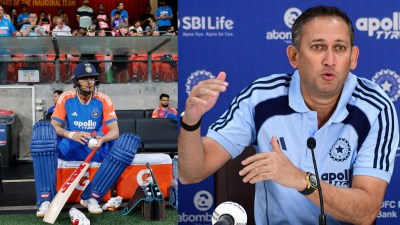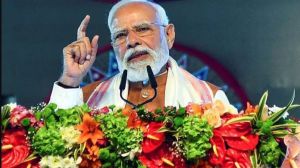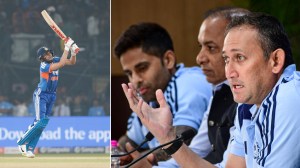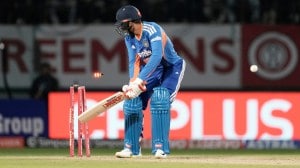Wordle’s daily word will now be handpicked by an NYT editor
‘It will finally be our fault if Wordle is harder,’ the New York Times jokingly (?) said about their decision.
 Players have often claimed that the NYT made Wordle harder after purchasing it. While that wasn't the case earlier, it could prove true going ahead. (Representative image)
Players have often claimed that the NYT made Wordle harder after purchasing it. While that wasn't the case earlier, it could prove true going ahead. (Representative image)Starting this Monday (November 7), The New York Times has appointed a games editor to oversee Wordle, the viral word-guessing game they acquired in January. The editor, Tracy Bennett, will be ‘programming Wordle’ using a new, Times-curated wordlist, while the rest of the gameplay will remain the same.
Since its launch in 2021, Wordle has used an unchanged wordlist set by its original creator, Josh Wardle. This is made up of two dictionaries: one with all the words you can use to make guesses, and one which has the answer words. Apart from removing offensive slurs from the first list, the Times had left the original game and its answers largely untouched.
Also Play | Express’ crossword & sudoku, which you can solve together with friends
Now, depending on Bennett’s curation, the nature—or difficulty level—of Wordle’s daily solution may change. It’s unclear what direction this might take, but the Times has shared that they intend to keep the game’s vocabulary ‘fun, accessible, lively and varied’.
Wordle’s new answer list will contain all five-letter words that match those criteria, except for plural forms of three- or four-letter words that end in ‘ES’ or ‘S’, such as FOXES or ROPES. You can continue using such plurals to make guesses, but they will no longer be set as the final answer you’re looking for.
Try Themed Games | Try our new crossword on Indian cinema (not just Bollywood!)
Or Read | How crosswords are taking Gen Z by storm
According to the Times, ‘tens of millions of people’ have played Wordle in the last 10 months. The game has developed its own subculture with hundreds of popular spinoffs, including ones in Indian languages. We spoke to five South Asian developers behind such creations, to understand what goes behind making online games using regional scripts. You can take a look at our findings here.
- 01
- 02
- 03
- 04
- 05































